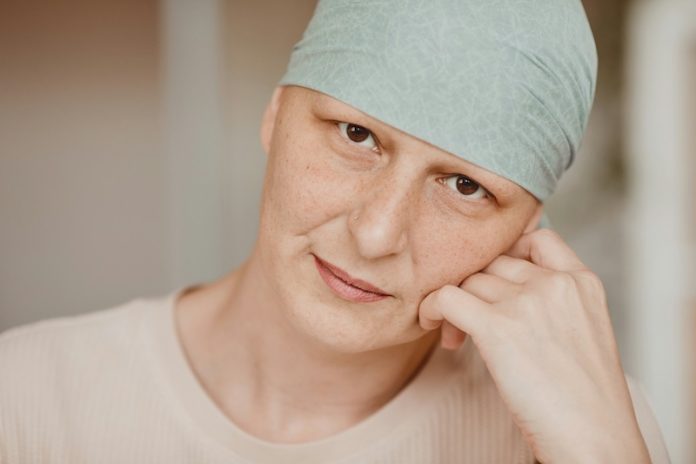
Finishing cancer treatment is a major milestone, and many people feel relief and hope once it’s over. But for many cancer survivors, the end of treatment is not the end of the journey. While treatments like chemotherapy, radiation, surgery, and immunotherapy can save lives, they can also leave behind lasting effects on the body and mind.
These long-term side effects don’t happen to everyone, and they vary depending on the type of cancer, the treatment used, and each person’s unique health situation. This article explains the most common long-term side effects of cancer treatment, using plain and simple language backed by research.
One of the most common long-term side effects is fatigue. Even months or years after treatment ends, some people feel more tired than usual and have less energy. This isn’t the kind of tiredness that goes away with rest.
Cancer-related fatigue is more like a constant feeling of weakness or exhaustion, and it can affect work, social life, and emotional well-being. According to the American Cancer Society, around 30% of survivors still experience fatigue a year after treatment.
Another common issue is nerve damage, also called peripheral neuropathy. This happens when chemotherapy drugs damage the nerves, especially those in the hands and feet. People may feel tingling, numbness, burning, or pain. In some cases, it makes it hard to walk or hold objects. This side effect may improve over time, but for some, it can last a lifetime.
Cognitive problems—often called “chemo brain”—can also occur. People may have trouble concentrating, remembering things, or multitasking. Studies have shown that up to 75% of cancer survivors report some degree of cognitive change during or after treatment.
These problems are usually mild but can still be frustrating and affect daily life. Researchers believe they may be caused by inflammation, stress, or the impact of treatment on brain function.
Some cancer treatments affect the heart, lungs, or bones. For example, radiation to the chest or certain chemotherapy drugs can damage the heart muscle and increase the risk of heart disease years later. Others may cause scarring in the lungs, which can lead to breathing problems.
Some treatments can also lead to weaker bones and a higher risk of fractures. This is especially true for people who go into early menopause due to cancer treatment or those who take hormone-blocking medications for breast or prostate cancer.
Fertility problems are another concern for many people. Treatments that affect the reproductive system can make it harder or even impossible to have children in the future. This can be emotionally difficult, especially for younger patients.
Doctors now offer fertility preservation options before treatment begins, such as freezing eggs or sperm, but not everyone gets the chance to prepare.
Emotional and mental health changes are also part of long-term recovery. Many survivors feel anxiety, depression, or fear of the cancer coming back. These feelings are normal, but they can be overwhelming. Support groups, counseling, and ongoing care can help people cope with these challenges.
In some cases, people can develop a second cancer years after treatment. This may be caused by the treatment itself, especially radiation or certain chemotherapy drugs that slightly increase the risk of new cancers later in life. While this risk is small, it’s something doctors keep track of during follow-up care.
In conclusion, while cancer treatment saves lives, it can also have lasting effects. Fatigue, nerve damage, memory problems, heart issues, fertility changes, and emotional stress are all possible side effects that may continue long after treatment ends. The good news is that many of these effects can be managed with the right care and support.
Cancer survivors should stay in touch with their healthcare team, attend regular check-ups, and speak up about any new or ongoing problems. With proper care, most people can adjust and enjoy a full life after cancer.
If you care about cancer, please read studies about a new method to treat cancer effectively, and this low-dose, four-drug combo may block cancer spread.
For more information about cancer prevention, please see recent studies about nutrient in fish that can be a poison for cancer, and results showing this daily vitamin is critical to cancer prevention.
Copyright © 2025 Knowridge Science Report. All rights reserved.



